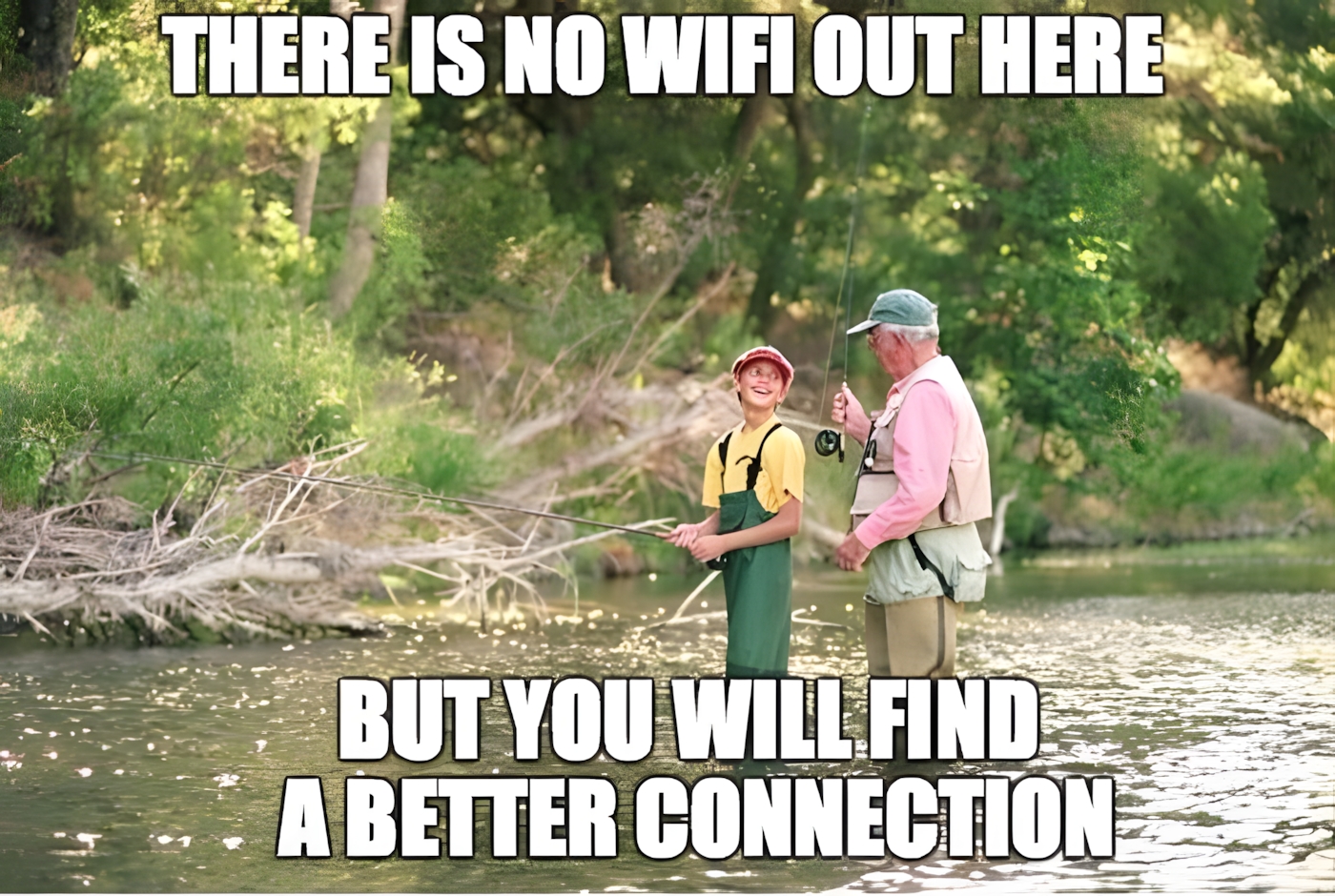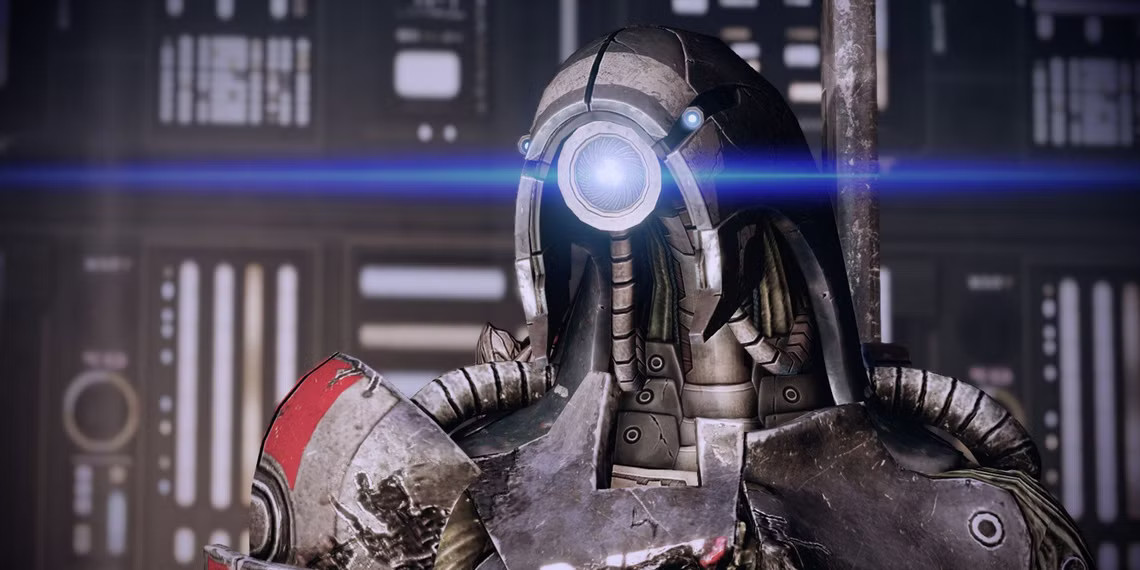People have been talking about the next big video game crash for, oh… at least since I’ve been running this site. It seems gamers are eager engage in a little schadenfreude after all the idiotic stunts the industry has pulled over the years. The thing is, the crash might not be just over the horizon this time. In fact, we’re in it.
That’s at least according to a recent video by The Quartering. He brings up a lot of intriguing points and it’s definitely worth watching. While I agree with him that things are finally coming to blow in 2018, the industry has been in a slow decline for a long time now.
Consider, for example, the Tomb Raider reboot back in 2013. It sold 6 million copies in its first year, yet Square Enix still considered it a commercial failure. It took that full year just for the game to achieve profitability. Indicating that there had to be a substantially bloated budget behind it.
Tomb Raider did sell enough to garner two sequels though. Both of which have become progressively larger visual spectacles, and both have seen a decline in sales from the previous entry. Shadow of the Tomb Raider seems to be having a particularly hard time, if the deep discounts just a month after launch are any indication.
It’s not that Shadow is a bad game. Though it does have the exact same gameplay mechanics and frustrating BS moments as its predecessors. The series also has eerily similar plot points and tonal queues to the original Uncharted trilogy; which were Tomb Raider clones in and of themselves.
This whole saga sums up the biggest problem with and Triple A games in general; a lack of innovation.
Every year we get the same rehashes of tired franchises, that all play the same as the previous entry in the series. There are few fresh ideas or new intellectual properties coming out of the big publishers. The odd one that does tends to spawn countless clones, or clones something else that’s popular. There’s at least a half dozen titles slated for release in 2019 trying to capitalize on Fortnight’s bright colours and the post-apocalyptic craze. Not that this didn’t happen during previous generations, but with big studios releasing fewer games each year, it’s become more pronounced.
This worked for awhile, but people are getting bored.
A lot of gamers are now starting to question why they should keep buying the same things over and over again. Especially when many already have a huge backlog that they’ve never finished. Many are now chasing retro gaming just to find something, anything, that’s different.
Meanwhile, expectations by investors have ballooned dramatically. The industry is scrambling to get people hooked in, so they keep playing and paying. Hence the rise of this “live services” nonsense, and the hamfisted monitization cropping up in nearly every game. With the big boys releasing so few titles now, publishers are putting a lot of their eggs into one basket.
With a lot of gamers resisting this model though, it’s almost as if the industry is starting to actually resent their customers.
A bizarre trend in recent years has seen the industry becoming openly hostile towards their fan base. I’ve already covered this in previous articles. Though I now wonder whether this is being done deliberately to generate publicity and deflect from some of the slimy things they’ve been caught doing. It certainly gets the mainstream gaming press riled up. They love any opportunity to push their progressive talking points, and suddenly everyone has forgotten about “pride and accomplishment”. Well, everyone except the people actually buying games. Instead of bolstering sales, these manufactured controversies are back firing, big time.
It all signals an industry that’s out of ideas and starting to panic. Which is causing investors to panic as well. The gravy train of Triple A has finally reached the end of the line.
Looking at the stock numbers and market caps over the past year, big Triple A publishers like EA and Activision have lost nearly half their value since the beginning of 2018.
You could argue that these companies were overvalued and this is just a natural correction. Going back a few years, this does seem to be the case. However, these stocks have taken a sharp nose dive during the crucial Fall/Holiday window where the biggest games get released, and the most money gets made. Which indicates to me that investors aren’t confident in the current lineup the industry is pushing out. Given how big these drops are, I’d certainly call that a crash, or at the very least a recession.
I think it’s important though to take a step back and point out that this current downturn is not a 1983 level event. Things should level off going into 2019 in what economists like to call a “soft landing.”
Unfortunately, EA is not going to be going out of business anytime soon. Though what we’ll likely see is companies restructuring and cutting staff. Particularly at the executive level. Overall, it should result in a leaner, more nimble business model that can operate better in the saturated gaming market. At least in theory. This is a self-absorbed industry built on greed and doubling down on their mistakes, so nothing would surprise me at this point.
Taking a look ahead to 2019, again we’re still seeing a lot of sequels. Though it seems developers are digging into the deep tracks this time to try and capitalize on the current retro craze. Though whether modernized versions of these games will hit it off with fans remains to be seen. Plus it seems a lot of the big players are still banking on “woke” political games, which haven’t been selling.
I think Triple A is going to be in for a rough ride for the next couple of years. On the bright side, there seems to be some imaginative indie titles coming down the pipeline. Mid tier “Double A” developers are also starting to flex their muscle again, with risky new properties that are getting gamers excited. Depending on how things go, we might be in for some real treats as we close out the generation.





